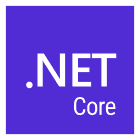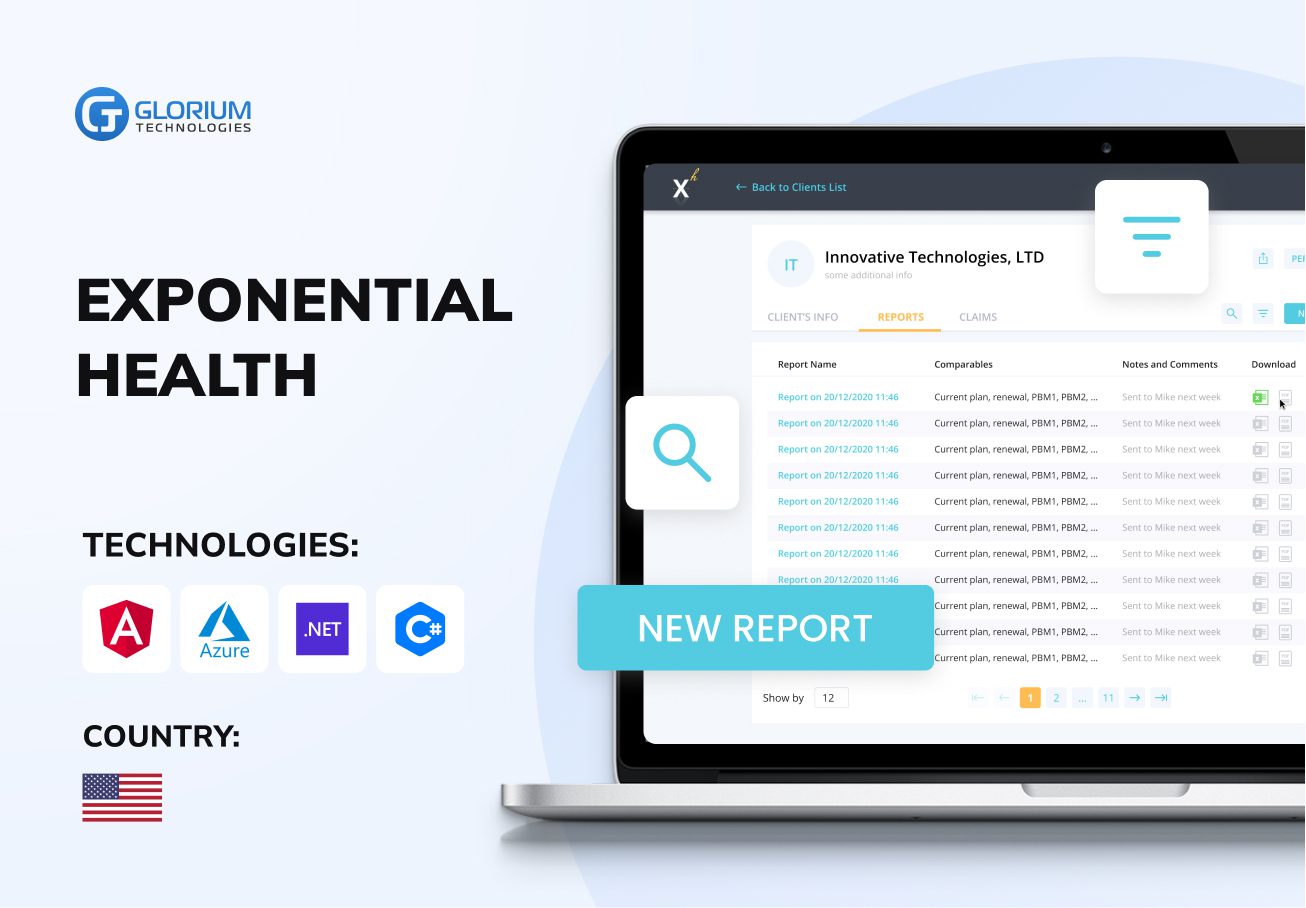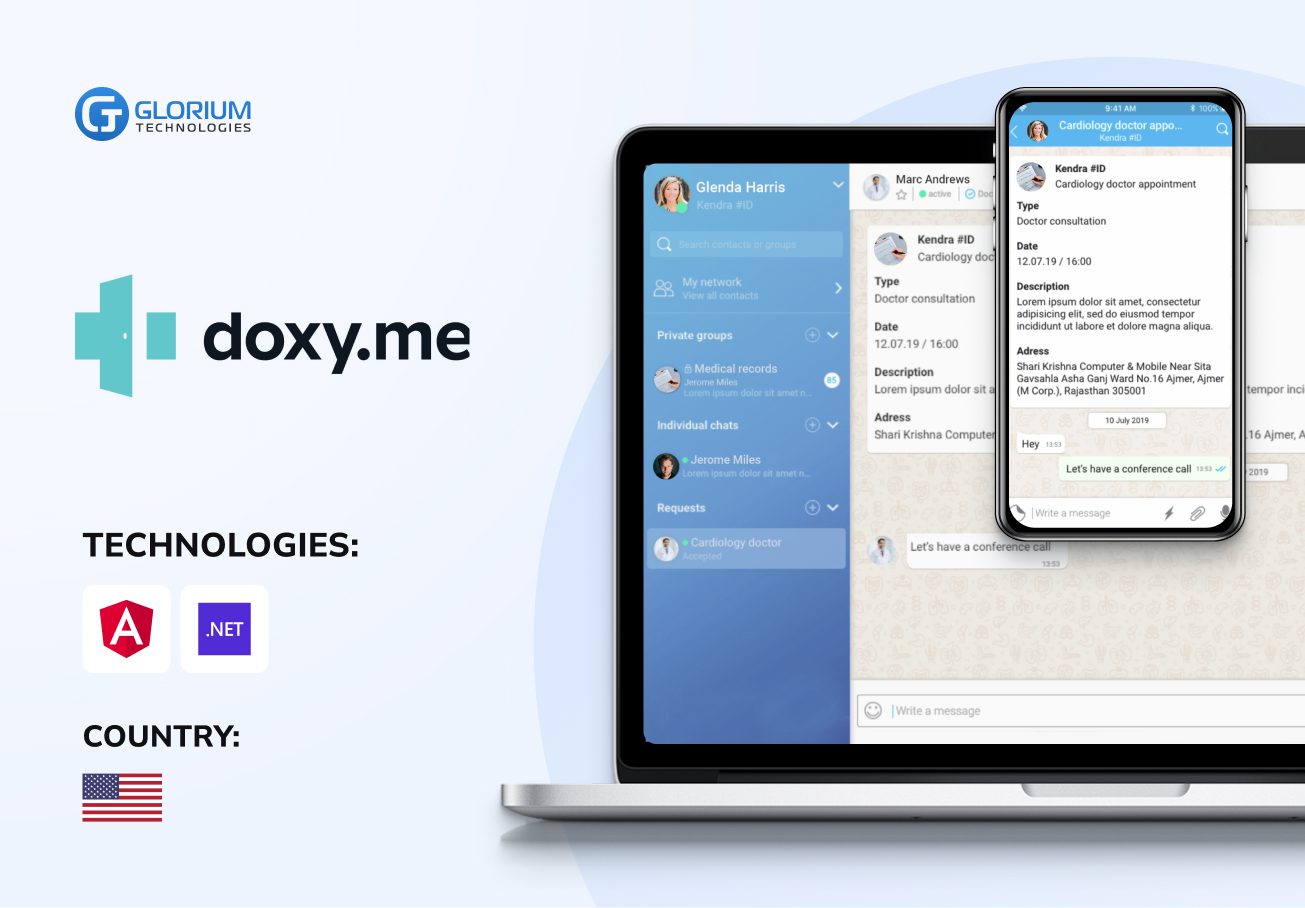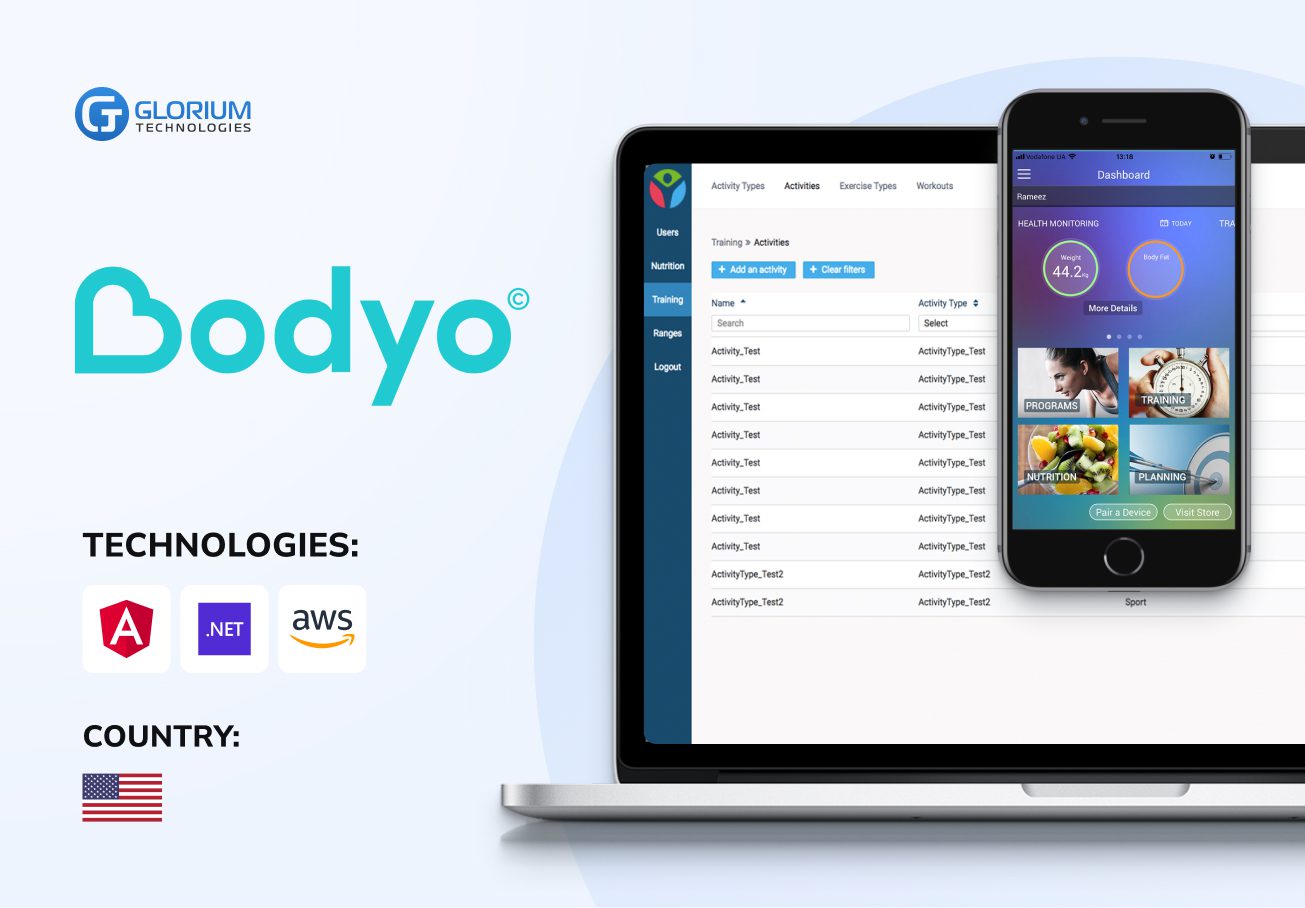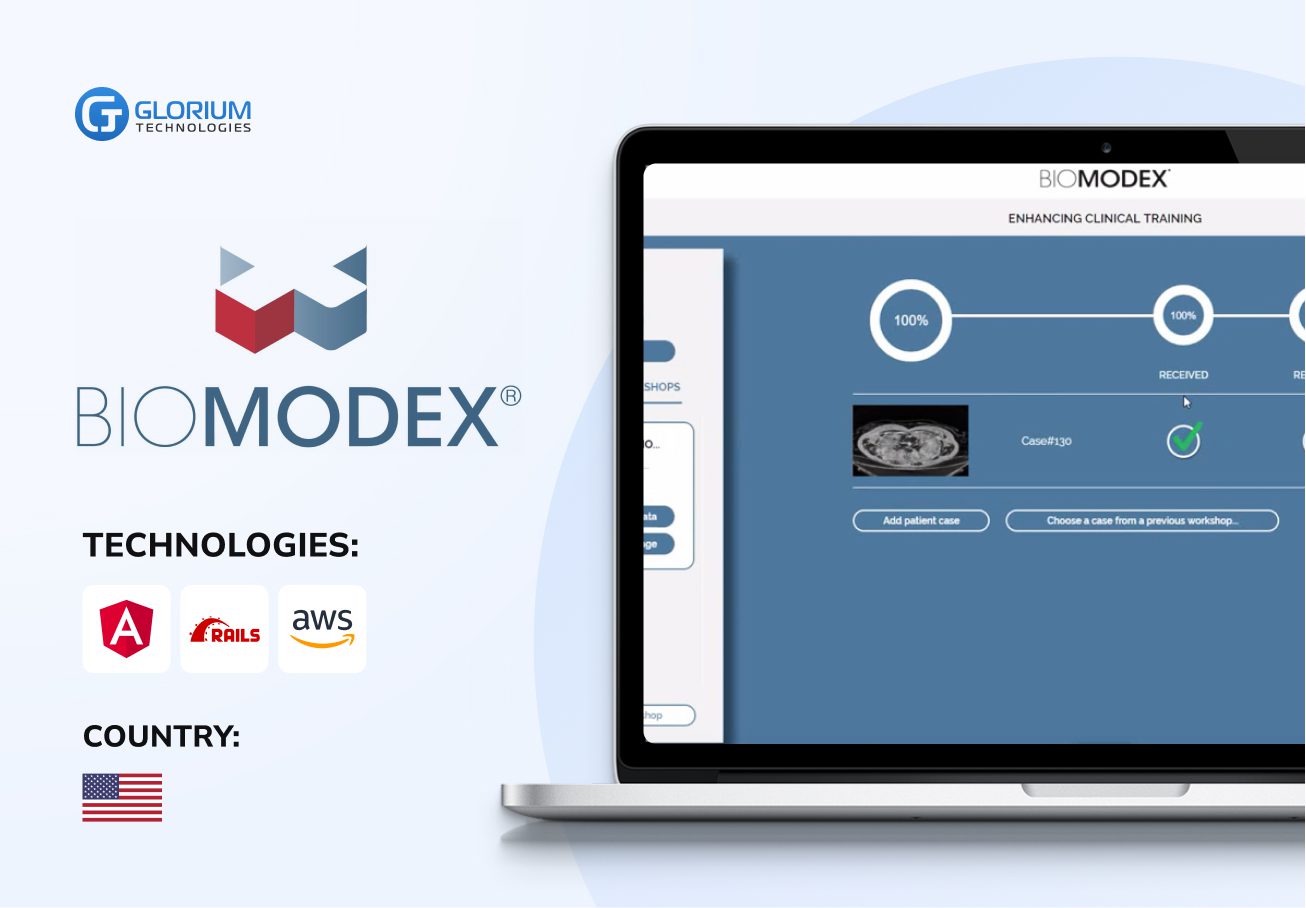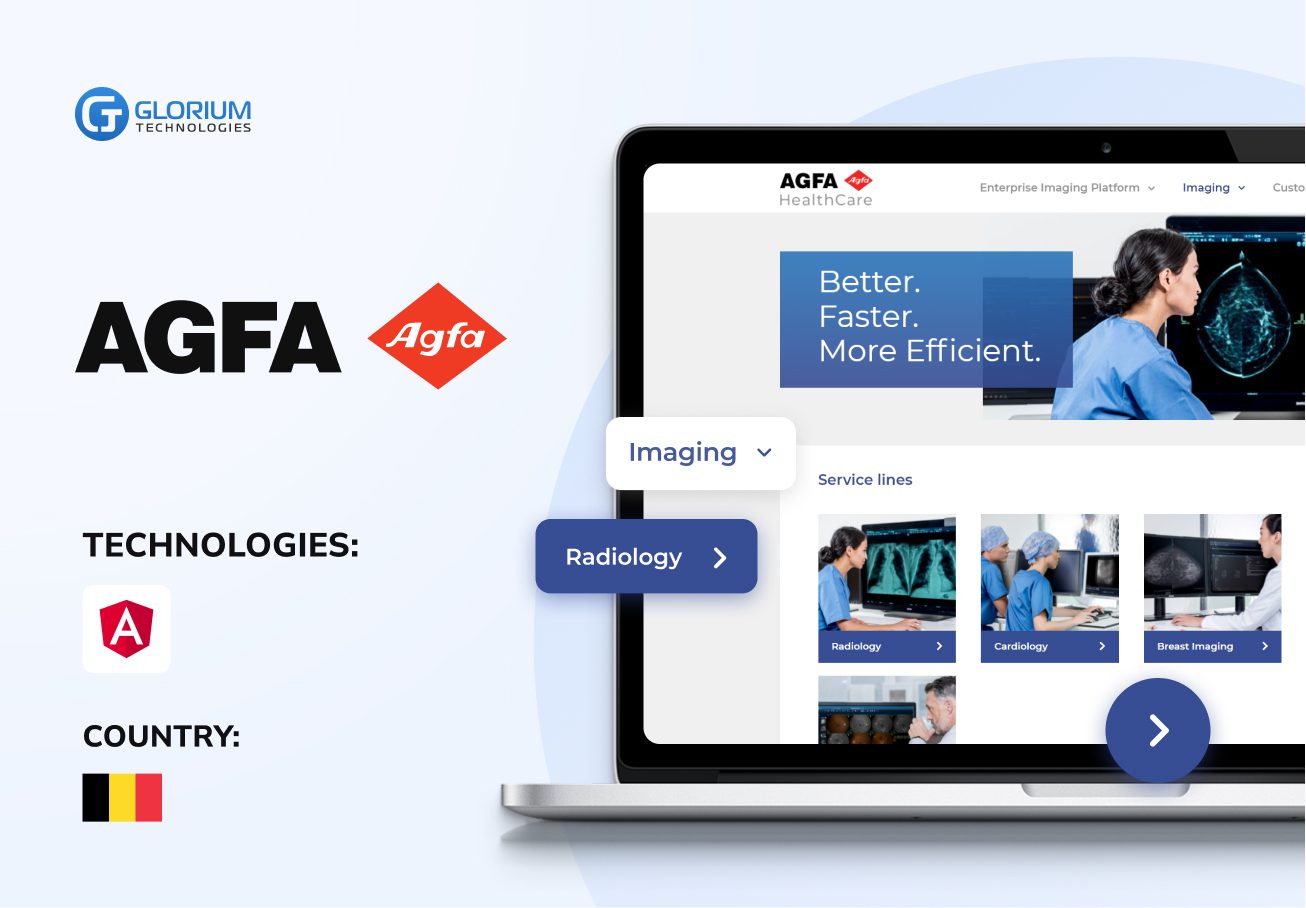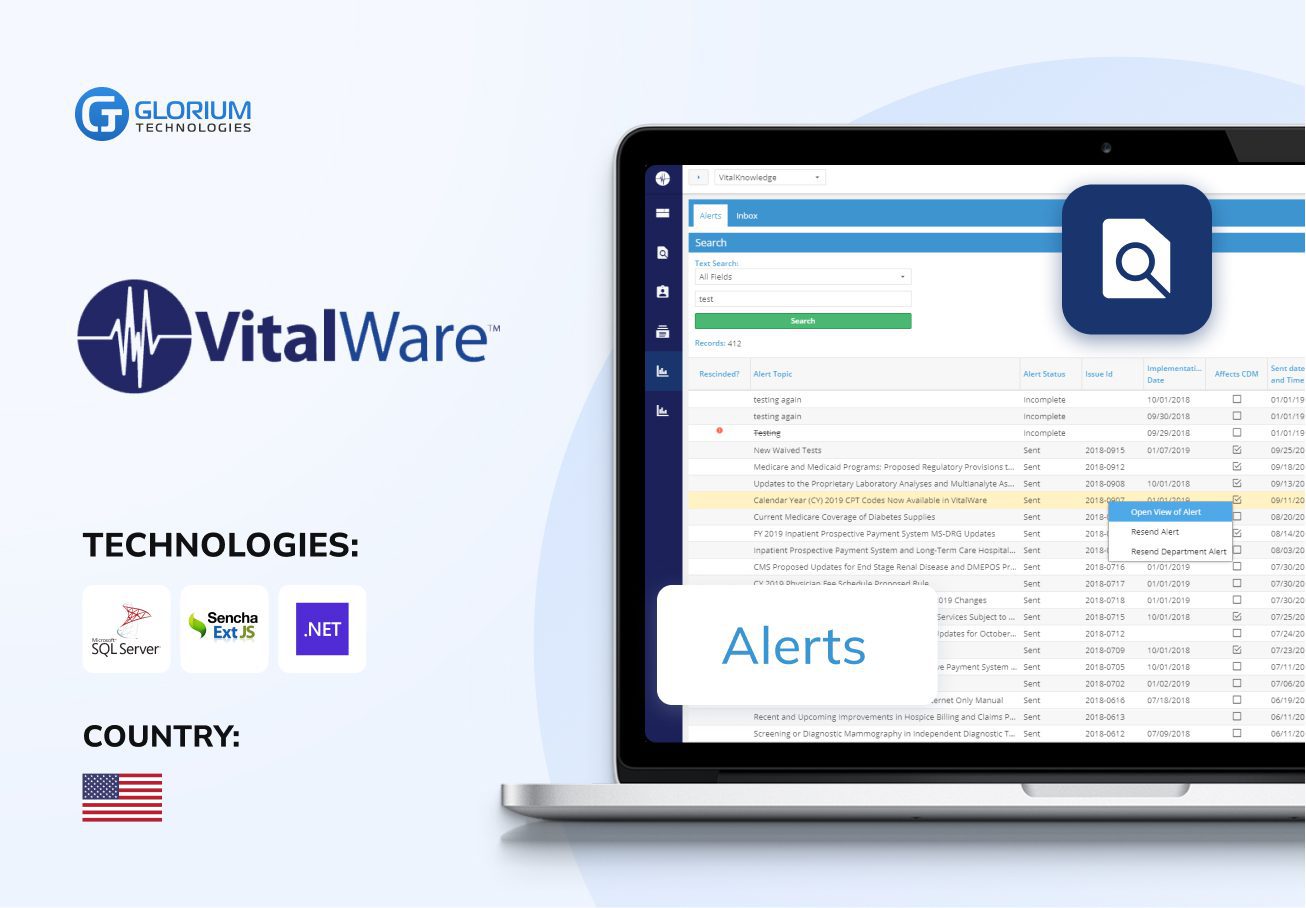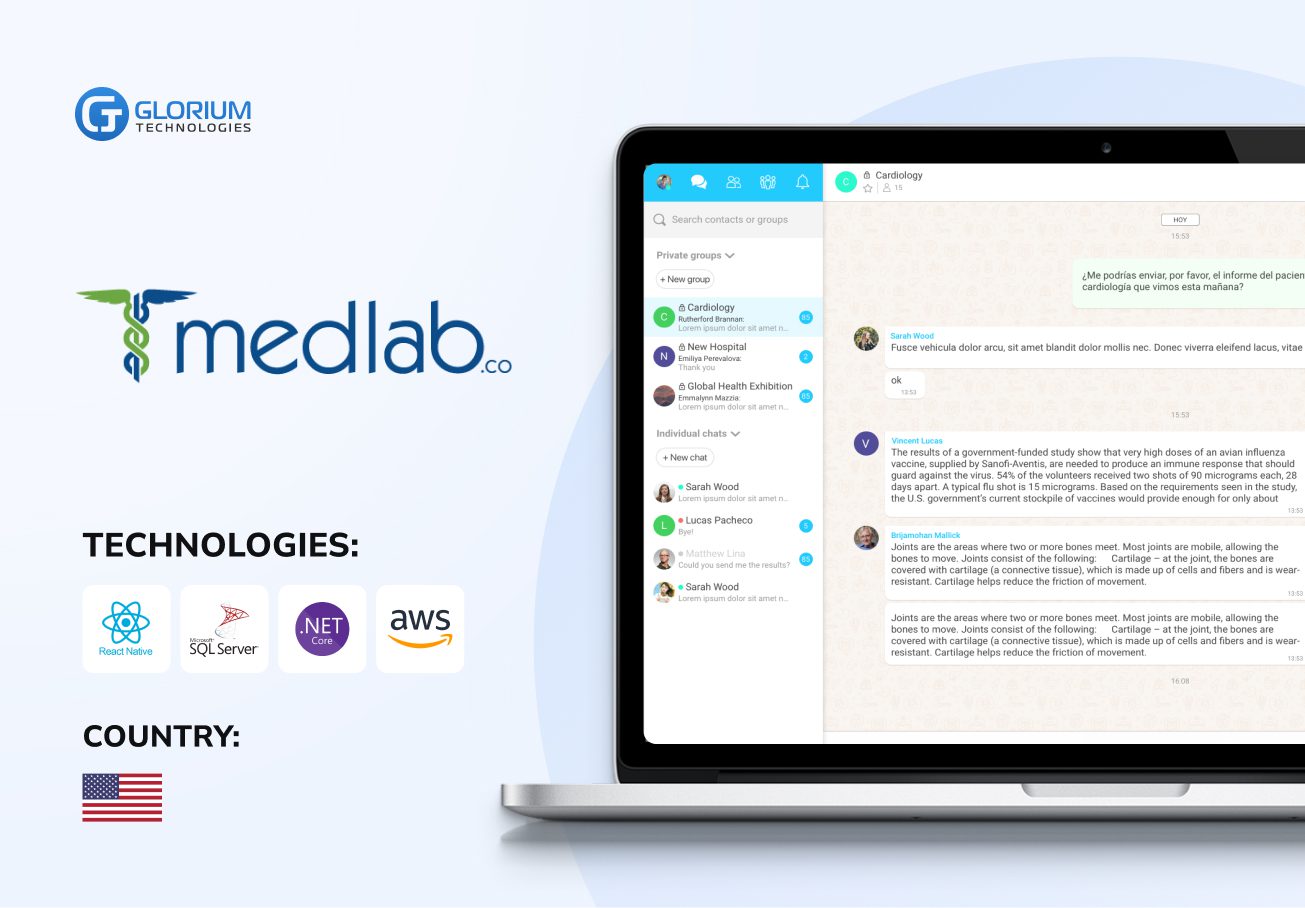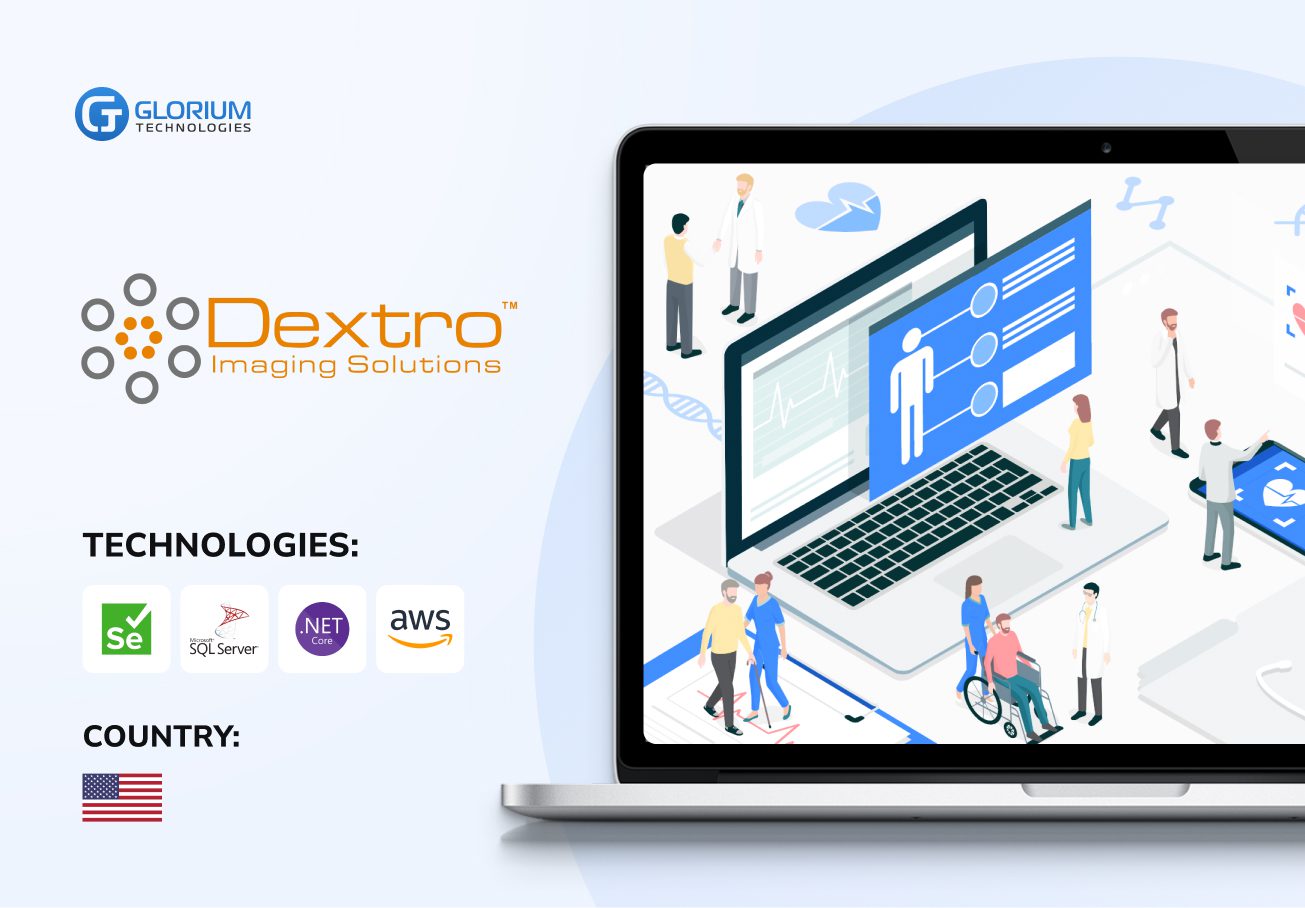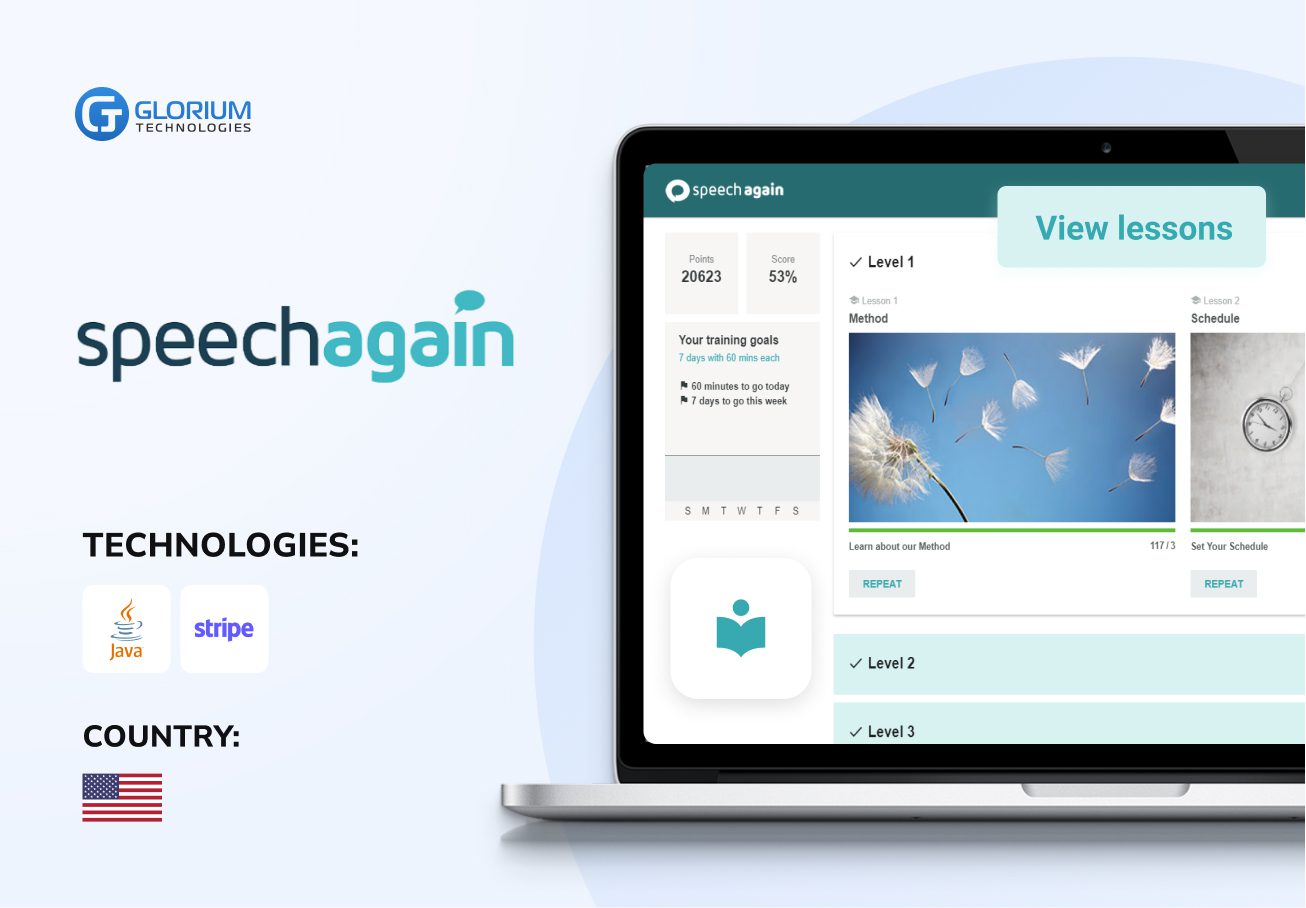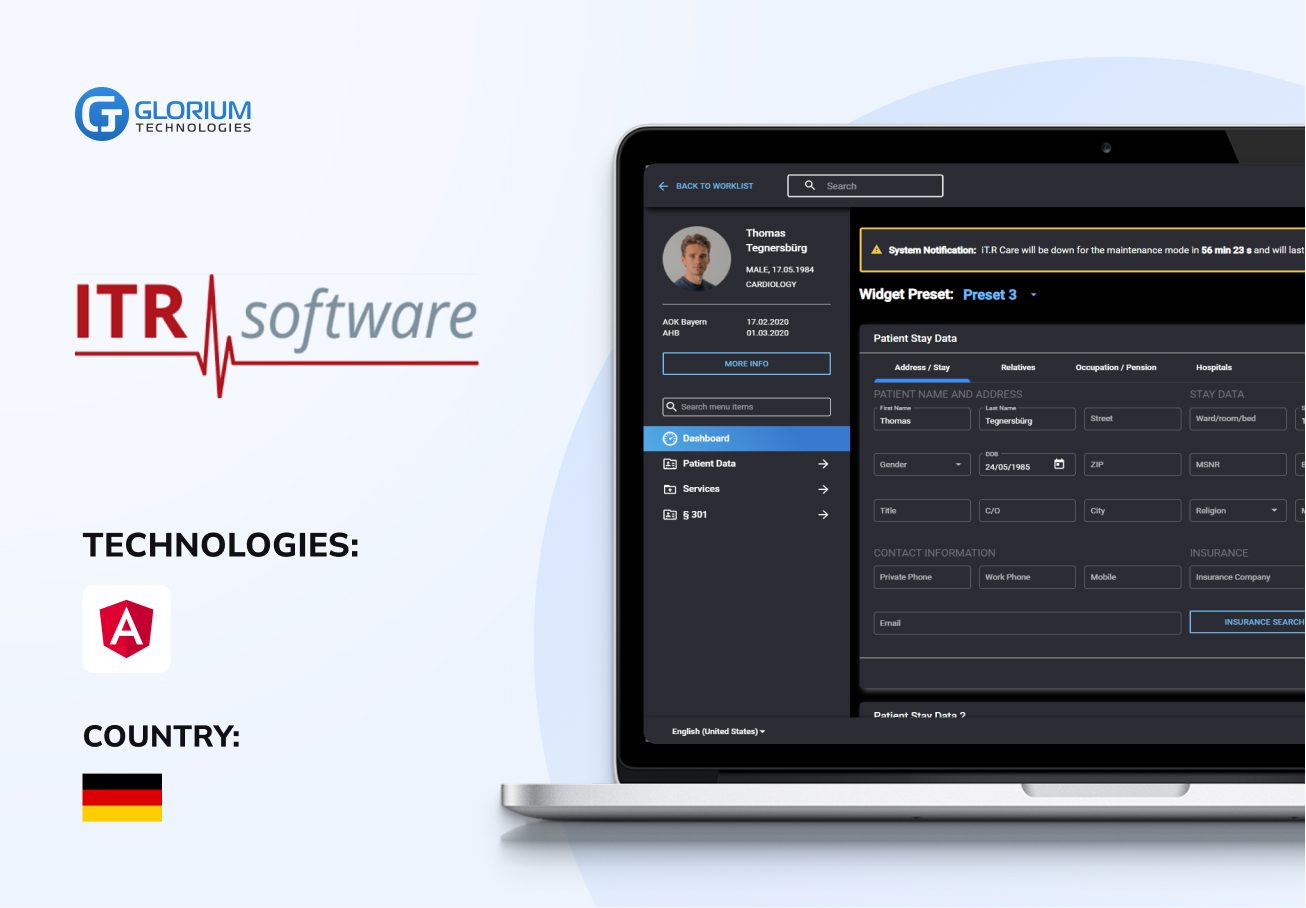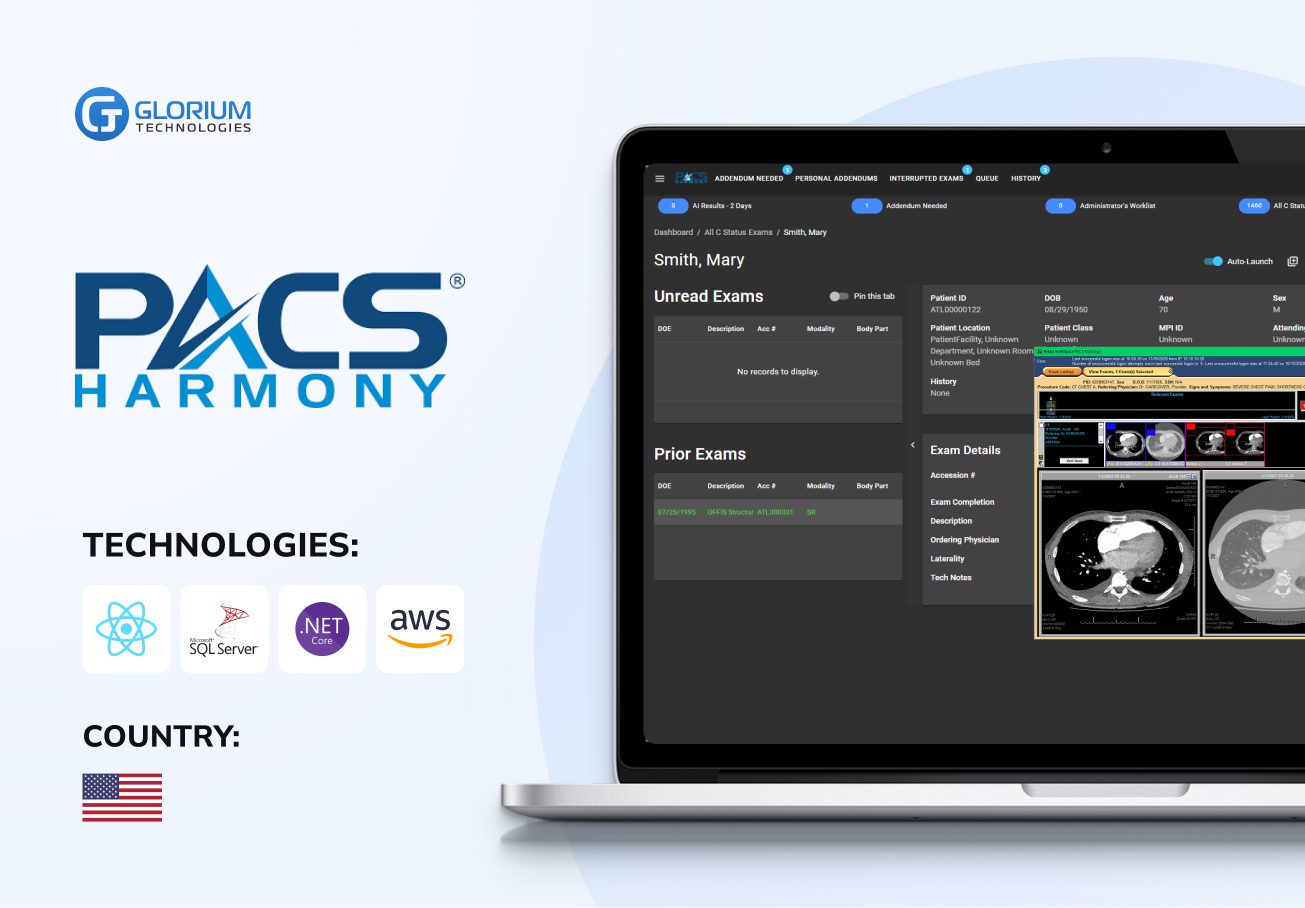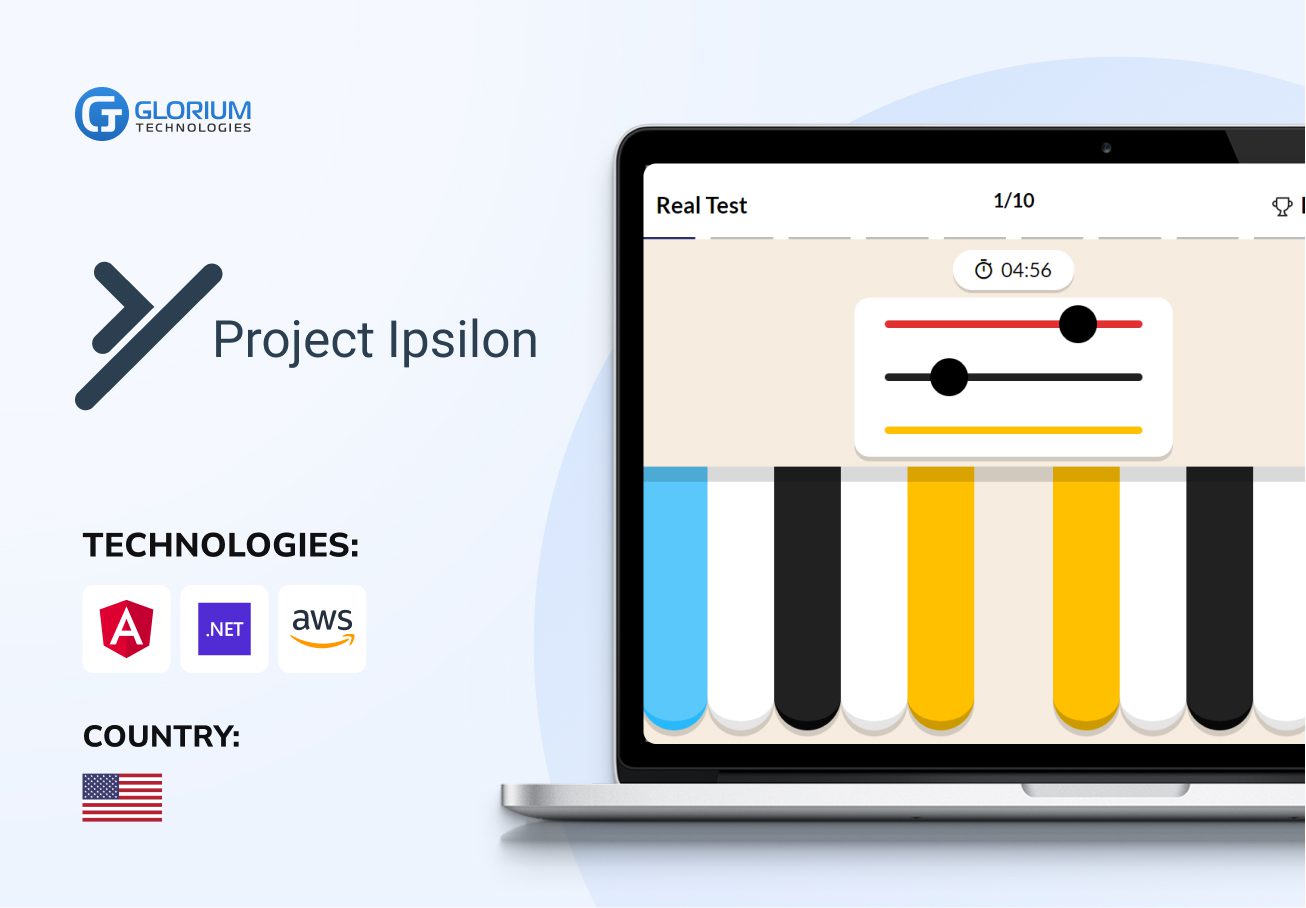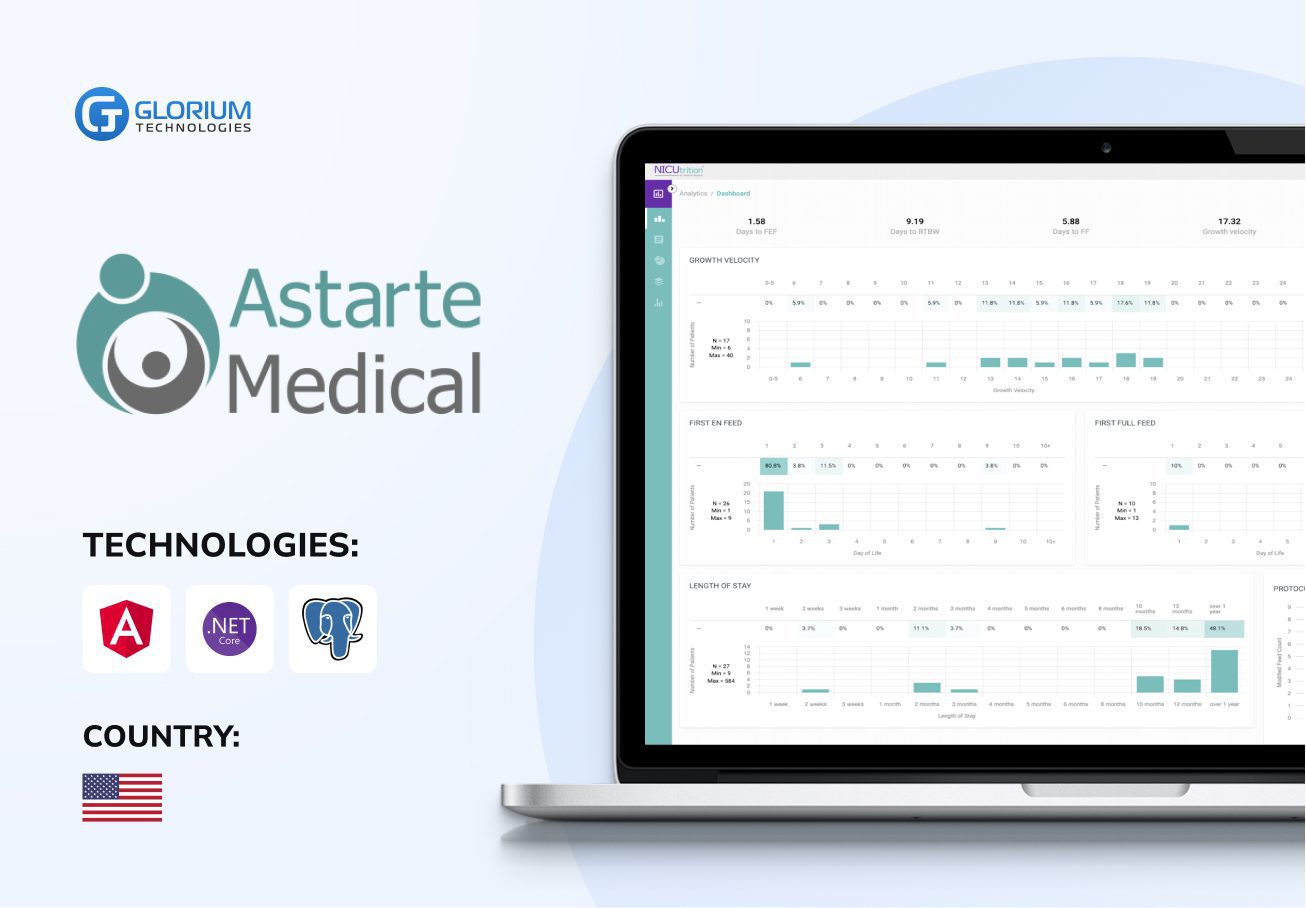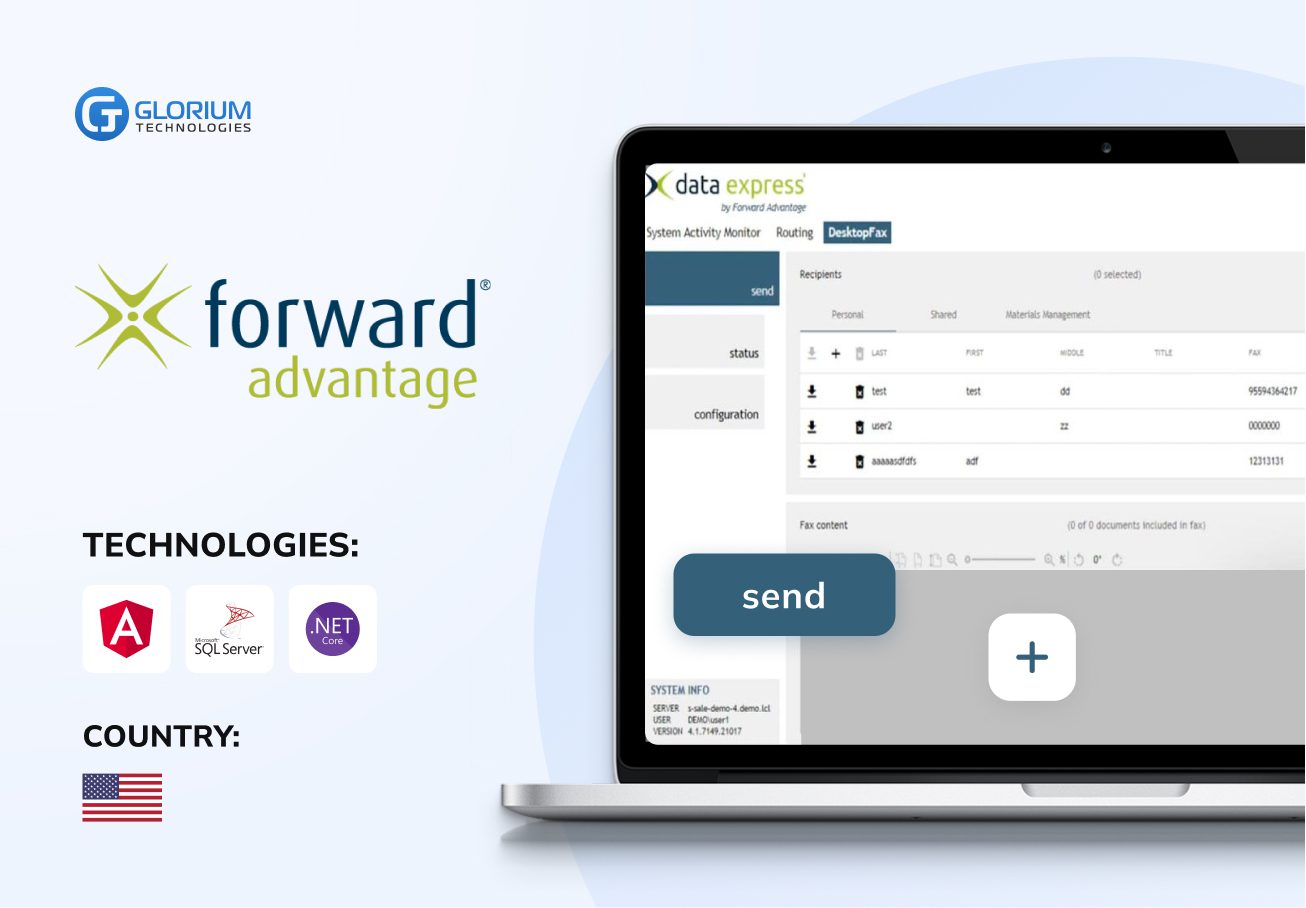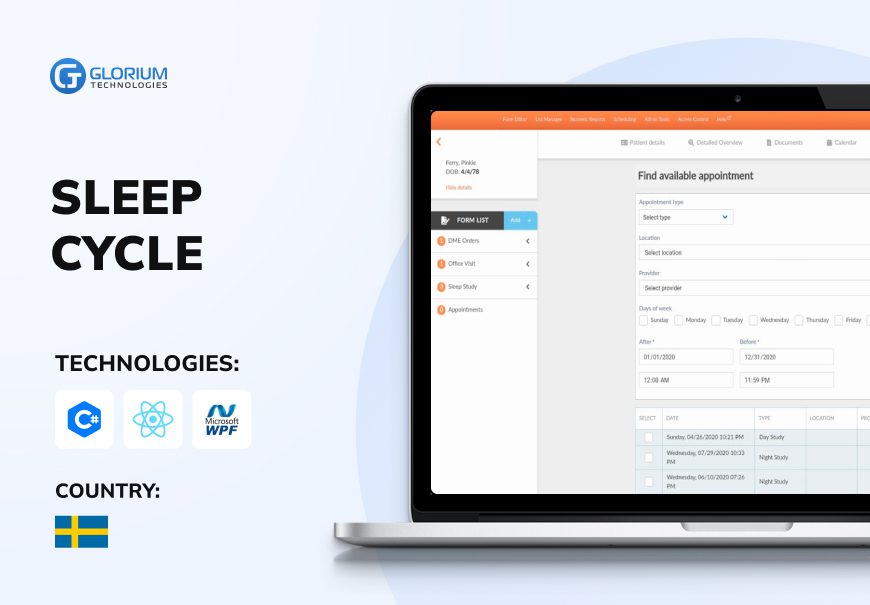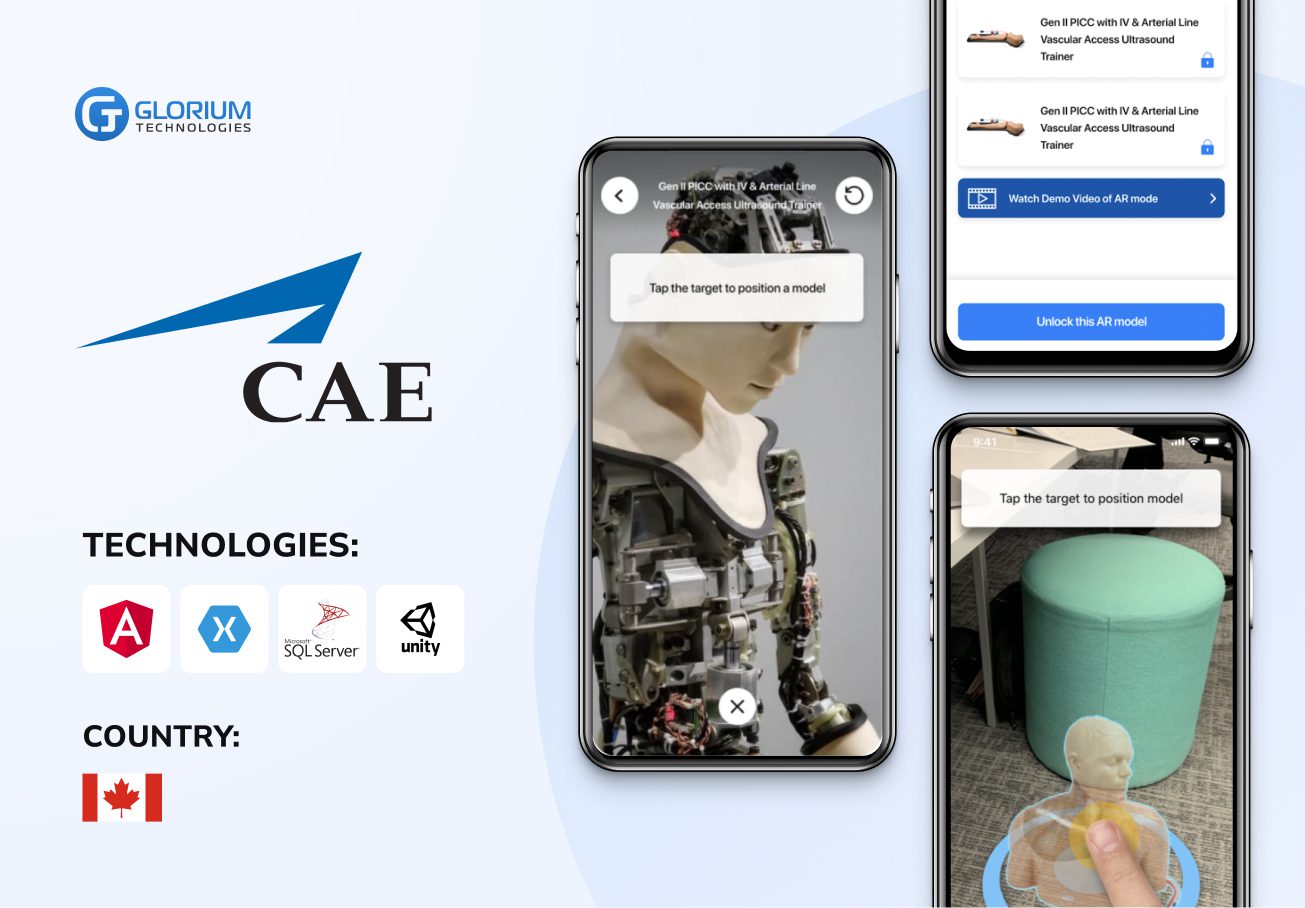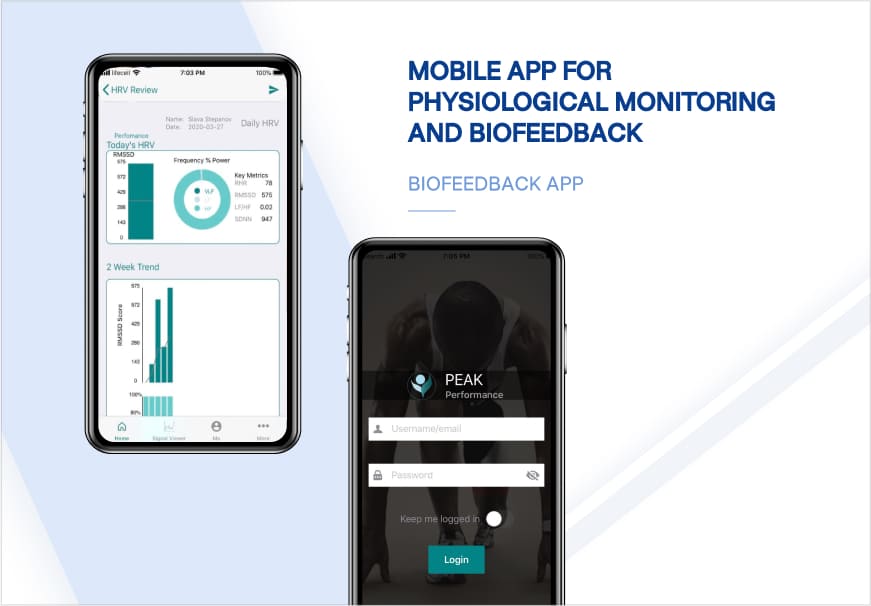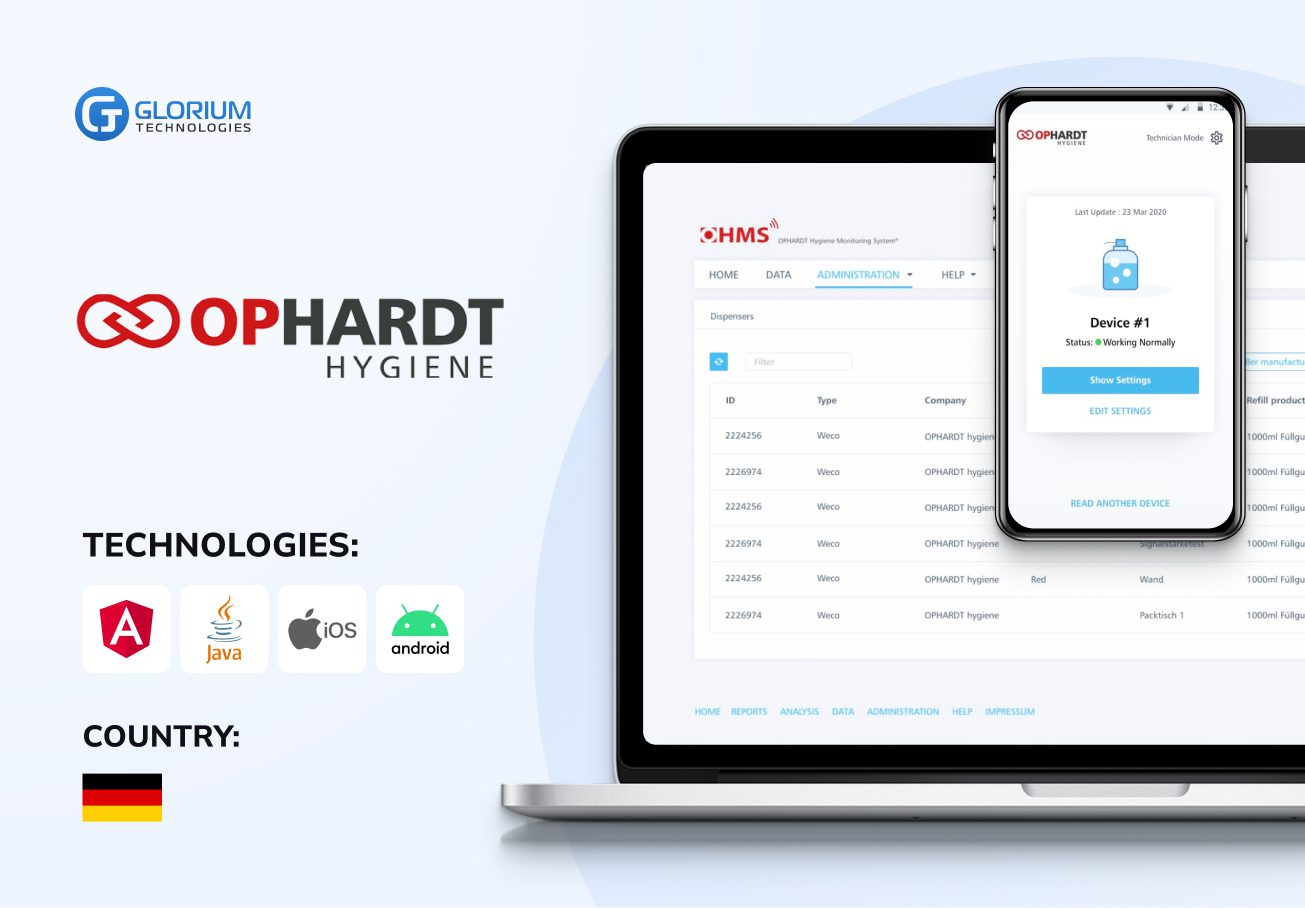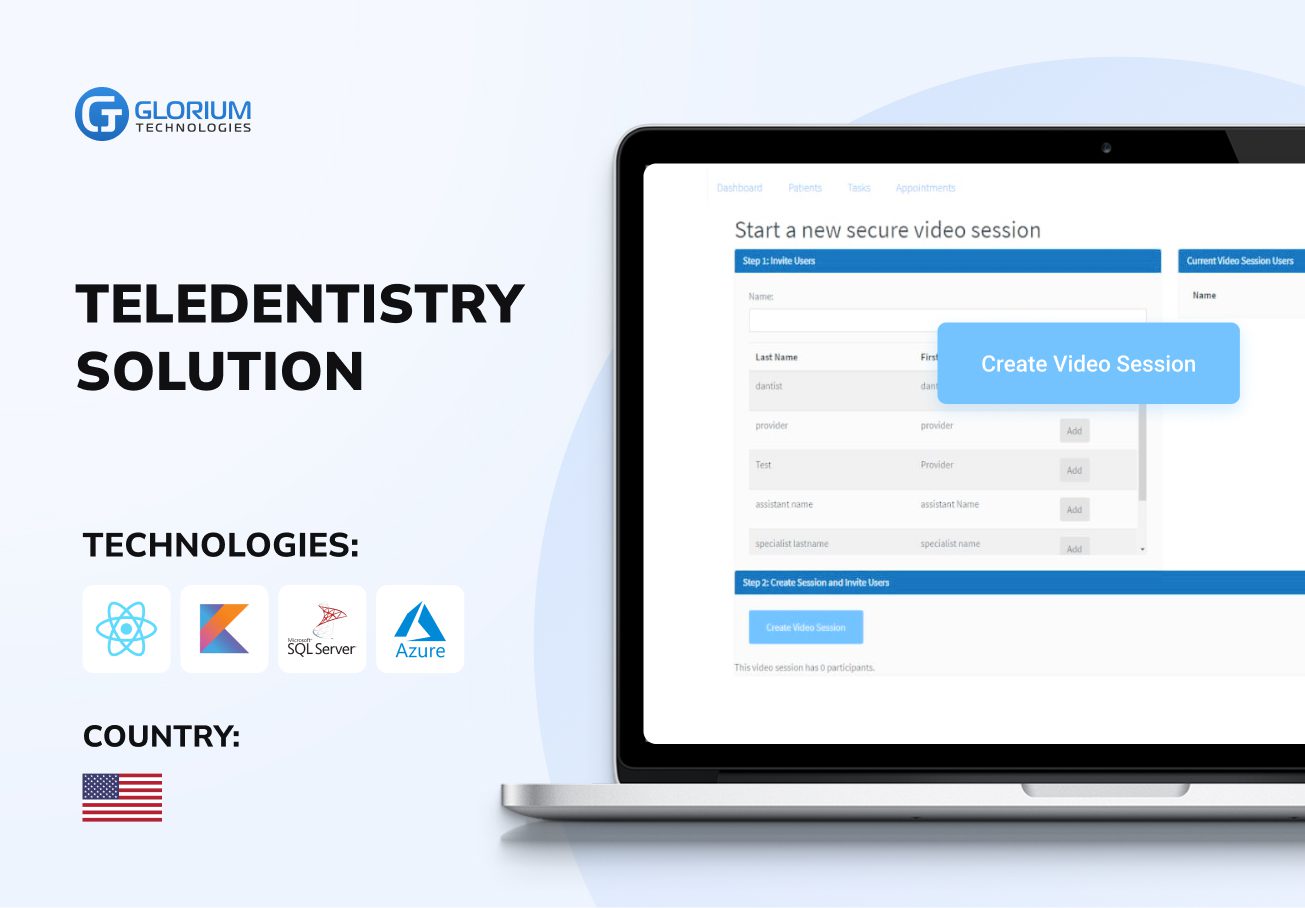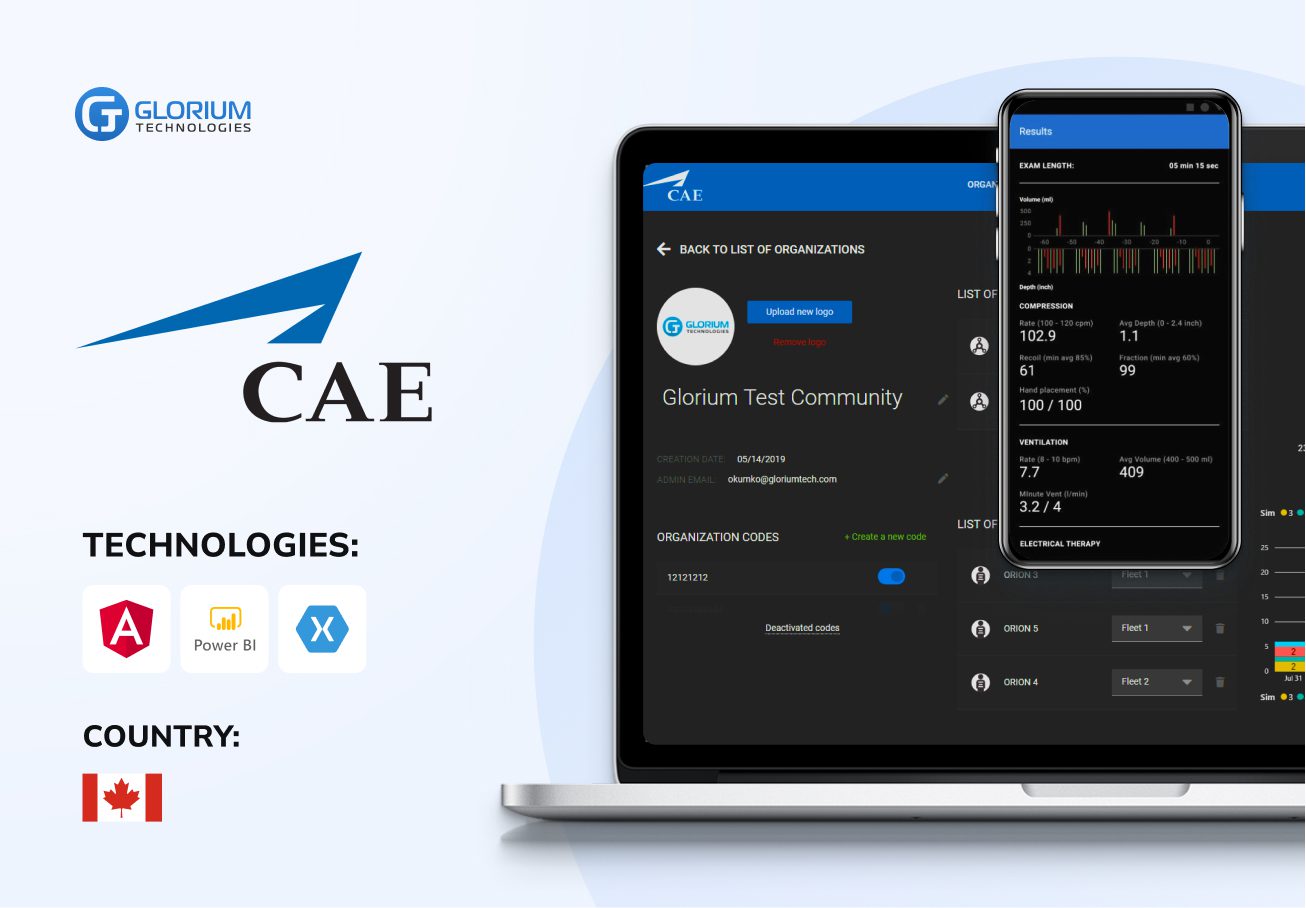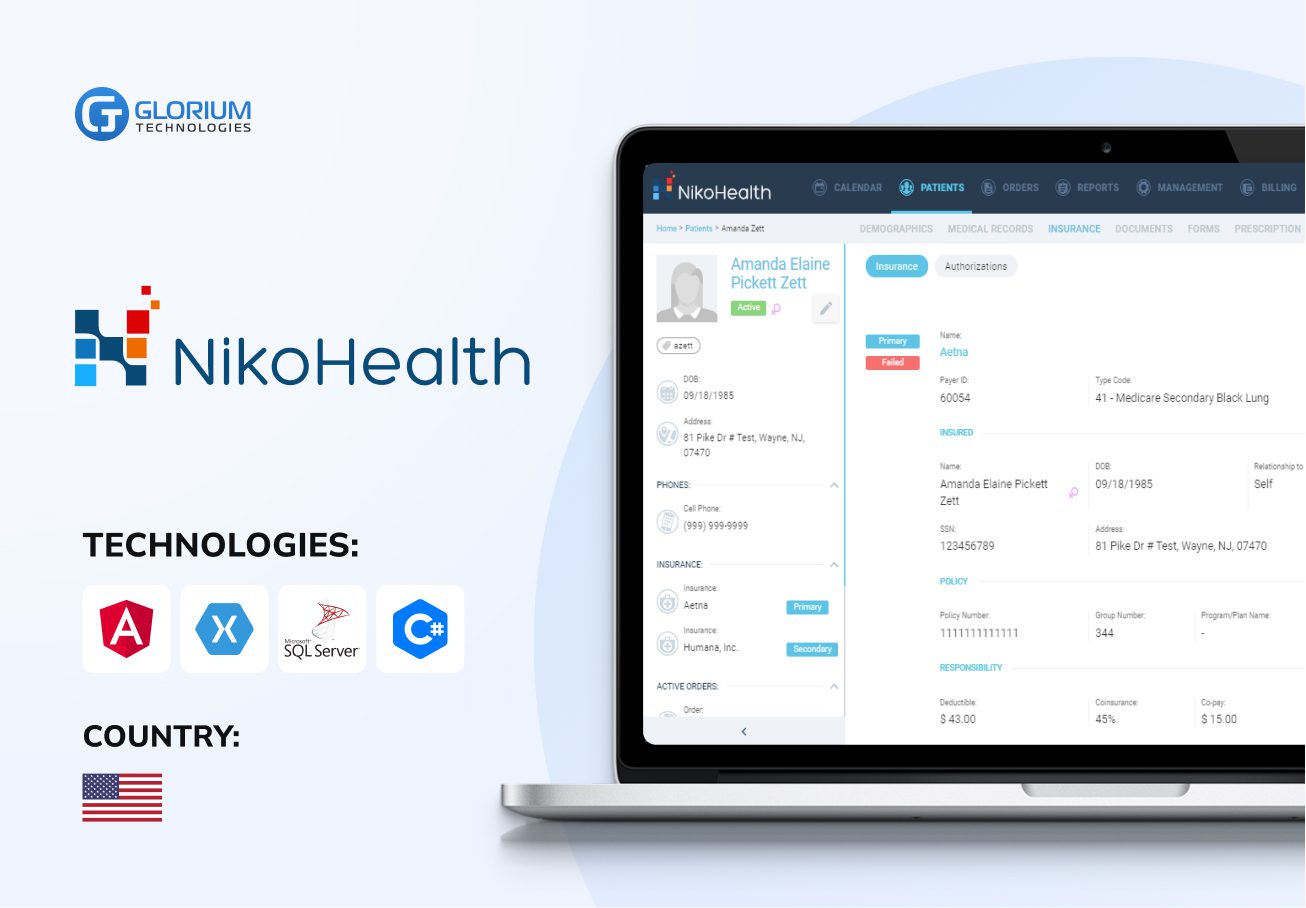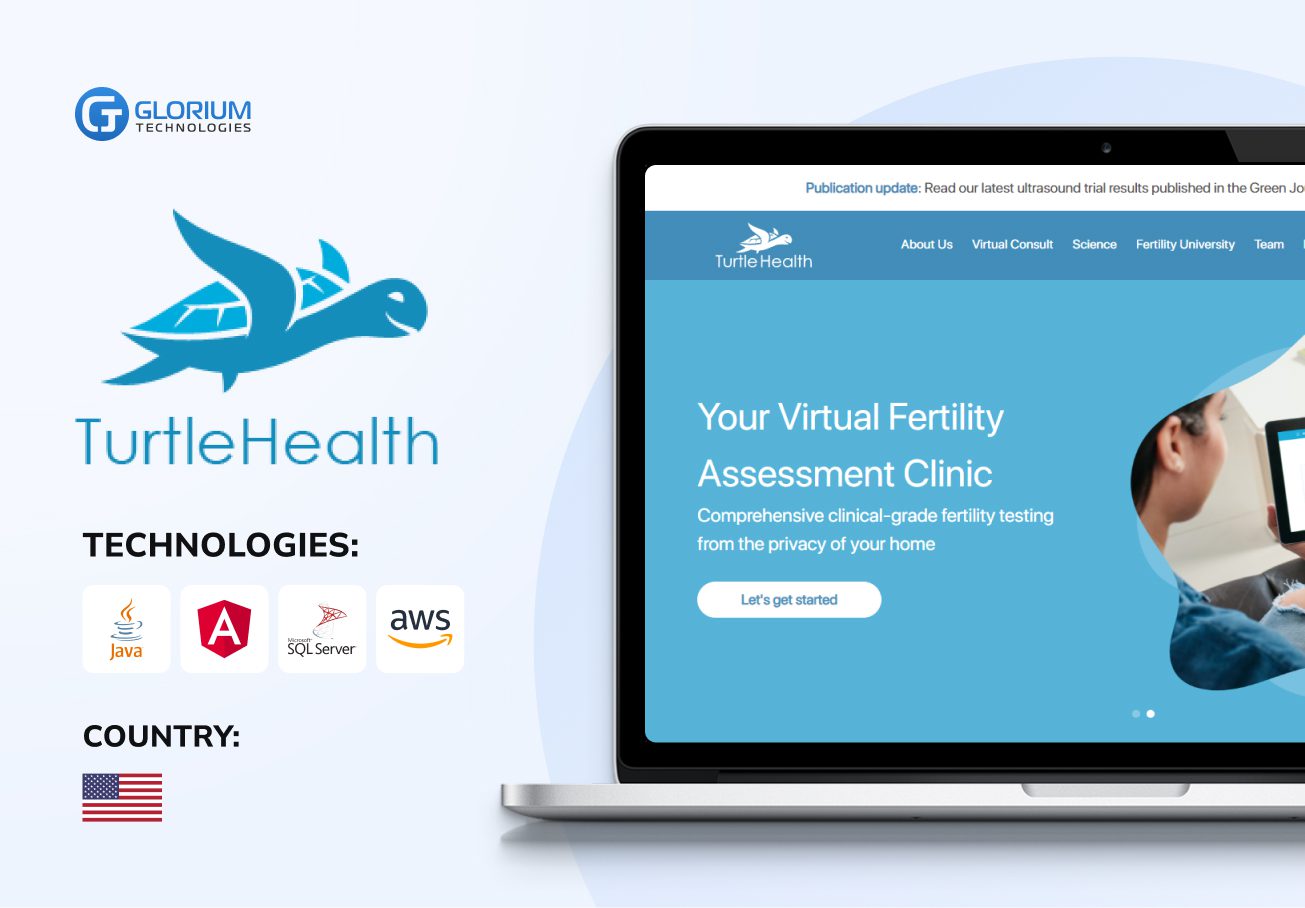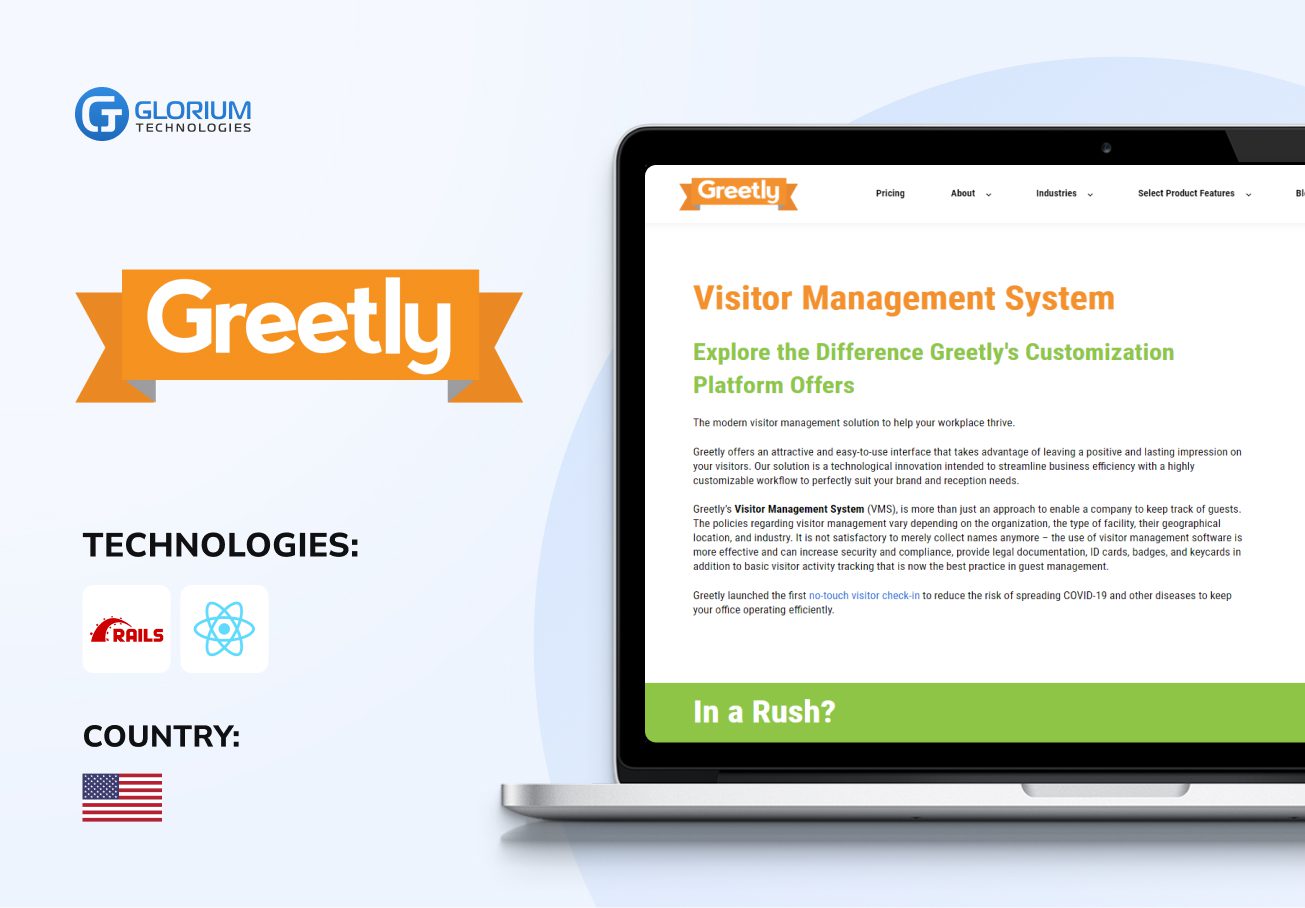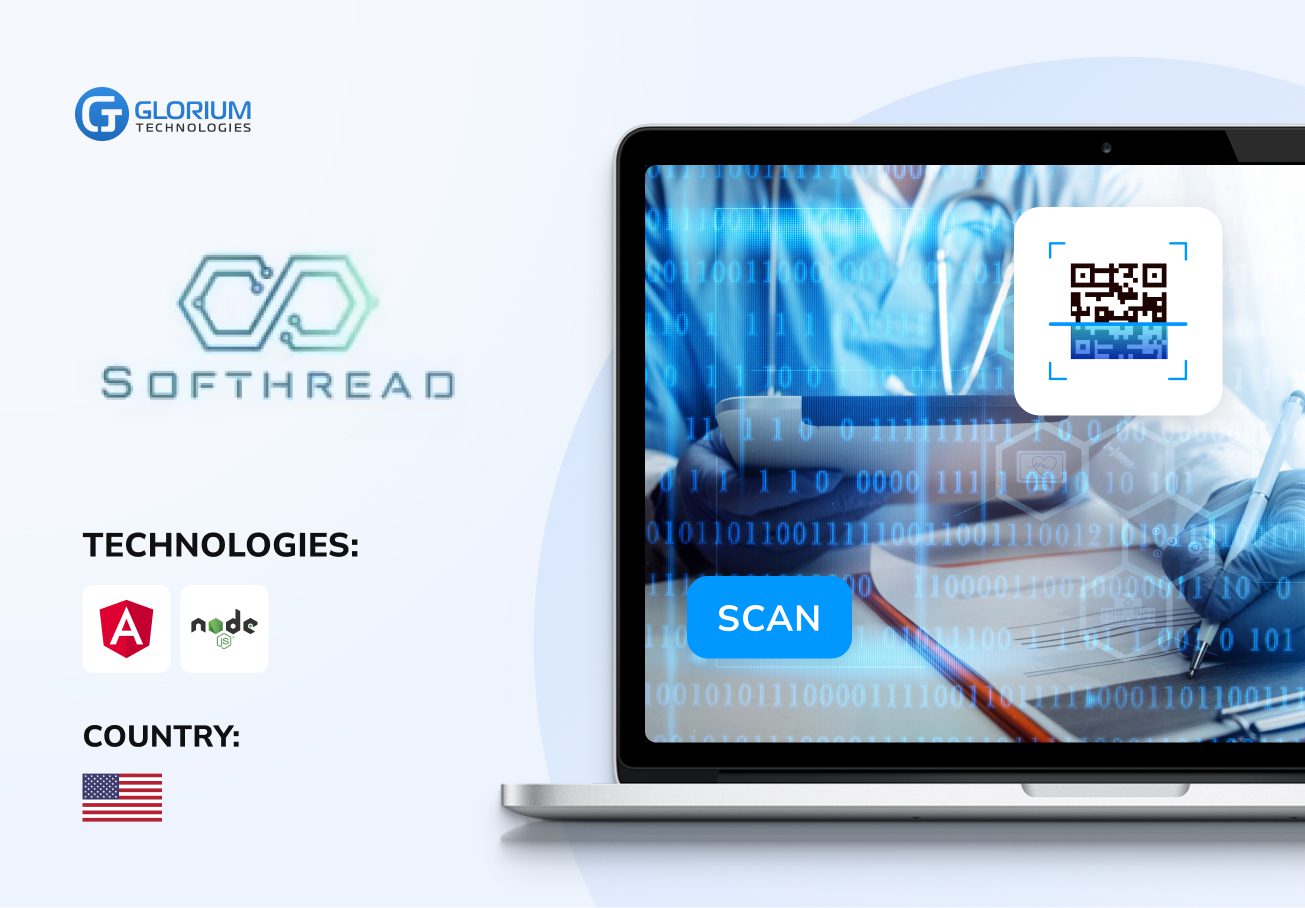Patient Portal Software Development
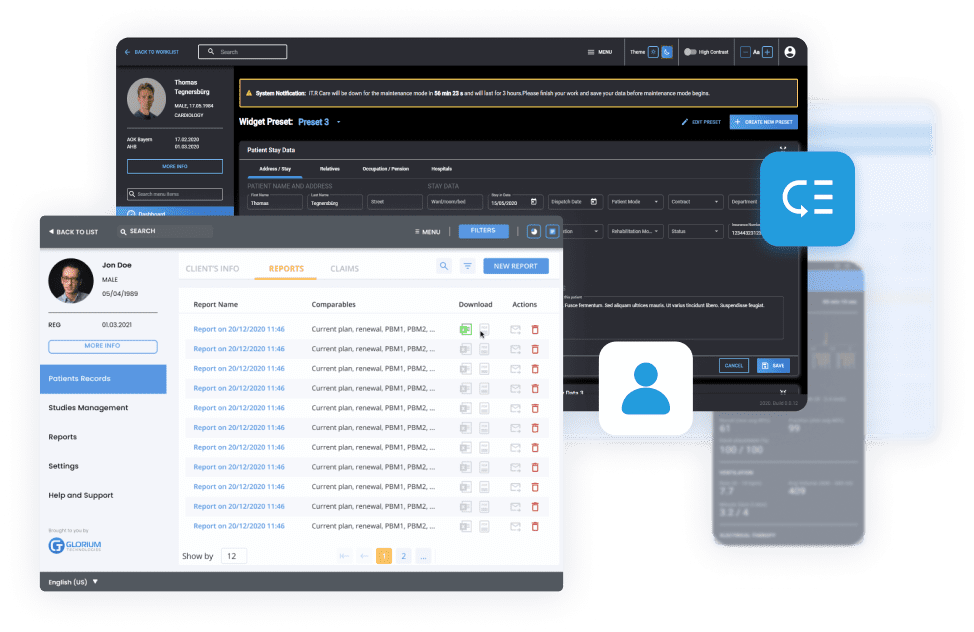

Plan Your Budget Confidently.
Choose Your Starting Point

Patient portal software is part of a complex and strictly regulated healthcare industry. Maintaining app security and protecting patient data is crucial. We specialize in industry-specific knowledge and can guarantee full compliance with HIPAA and other regulations.
To maximize the efficiency of your patient portals, they must be integrated with electronic health record systems. This will help your healthcare providers exchange information between patients, aid in data management and storage, and improve patient satisfaction.
If you are looking to develop a patient portal, we recommend working with professional providers to achieve full compliance, security, and trustworthiness. We create healthcare solutions driven by our 14+ years of collective experience in the industry.
Cost of Patient Portal Development Services
Why Choose Glorium Technologies Custom Software Development?
Our goal is to create patient portal solutions that are intuitive and easy to use. With your audience in mind, we build in necessary and advanced features, allow customization, and create a user-friendly interface.
Each project is unique, and we work closely with our clients to understand exactly what they’re looking for. We understand your needs and requirements to develop a patient portal just for you.
Our healthcare services also include compliance assurance to help you protect your solutions and patient data. Rest easy, knowing that your software adheres to HIPAA and other high standards of the industry.
Patient Portal Features & Solutions
This feature benefits both healthcare providers and patients. Patient portal solutions often have access to health records, medical history, test results, medications, and treatment plans.
Such health data encourages patients to participate in their care, and for yourself to deliver better healthcare services.
With this feature in your patient portal software, patients can request prescription refills, review medication instructions, and access their medication history.
You can also add push notifications and reminders to help users and improve patient satisfaction.
If you add video and chat consultations in your patient portal software, you’ll make it easier to provide healthcare services remotely and improve user satisfaction.
This feature requires extra care to ensure that medical data privacy and regulations are met.
Including patient registration and self-service features in your software will improve patient engagement and help them book appointments, refill medication, and more.
This will also reduce administrative routine work for your staff and improve the overall workflow.
Some integrated patient portals offer users educational material, including articles, communities, gamified content, etc. These features aid in improving patient engagement.
Additionally, this feature will help your users understand their conditions and treatments better.
This feature is necessary for you and your team to assess your patient portal software performance and make necessary changes if the feedback suggests so.
Include surveys, forms, questionnaires, and similar feedback aggregation methods to achieve the best results.
Appointment scheduling, patient registration, and similar features are great, but adding insurance and payment flow will help your patients save time and decrease headaches.
They will be able to easily handle insurance claims and payments through your patient portal software.
Our Approach to Patient Portal Software Development
Our approach to your unique project includes our commitment to accelerating the performance of your solutions. This can be done through various API integrations.
Such an approach allows us to develop patient portals with high health data privacy, security, and efficiency, including real-time access to medical records, appointment scheduling, and communication forms.
CRM integration is a necessary form of API integration for all healthcare solutions. We build patient portals that have easy access to medical data and provide efficient management solutions.
This integration will help you and your healthcare providers offer your patients better, more personalized care instead of generalized and inattentive care.
A significant challenge arises when healthcare organizations and providers have to exchange data that is in different formats, highly sensitive, incorrectly stored, or prone to cyber-attacks.
Electronic health records integration along with our approach guarantee timely access to medical history, allowing your professionals to provide reliable and faster services.
Patient Portals Benefits for Labs and Pharmacies
Our Patient Portal Development Services
- Assess your patient interaction with the solution
- Outline the benefits and ROI of the portal implementation
- Find best features and tech stack for your patient portal
- Design portal architecture with necessary integrations
- Create a user-friendly interface for your patient portal
- Provide a detailed project pricing and estimated timeline
- Ensure compliance with HIPAA, HITECH, FDA, etc.
- Initial consultation and project planning
- Patient portal software development and testing
- Ensuring compliance with relevant regulations.
- Gathering user feedback for improvements
- EHR, CRM, Practice Management System Integration
- User training for smooth adoption of the patient portal
- Ongoing support and maintenance of the system
Significant Benefits of Patient Portals
Hospitals, private medical facilities, and other healthcare institutions are looking for extra opportunities to communicate with patients as much as possible. Patient portals serve as a great tool for that.
Patient portals give the ability to chat with doctors, access medical records and read up on matters that interest patients from helpful resources anytime.
Interaction between patients and doctors becomes more convenient for both parties. Patients have all their health information at their disposal in the app.
The medical facility staff can skip a fair share of their daily routines since the most tiresome, repetitive tasks are now automated. This is one of the critical benefits a patient portal features.
Every patient’s information is now stored in the patient portal, and doctors rely on the software to make a more accurate diagnosis. This eliminates unnecessary confusion.
Patients become more responsible, bringing better clinical outcomes. Along with this, doctors may control the fulfillment of prescriptions with the help of patient portals.
Why Choose Glorium Technologies for Your Patient Portal Development?
Our team has 14+ years of collective experience in healthcare software development. We bring deep industry knowledge and expertise to every individual project.
Working with our team can guarantee the uniqueness and efficiency of your patient portal.
We regularly train our development team and other professionals in healthcare regulations to maintain a patient portal development process that adheres to standards.
Our patient portal solutions ensure safety, security, and confidentiality for your patient data.
We design patient portals with interoperability in mind. These solutions seamlessly integrate with existing healthcare systems, EMRs, and other tools.
We can develop a patient portal that improves workflows and data exchanges.
As your healthcare organization evolves, your patient portal needs may change. Scalability and flexibility are required to adjust your app to changes.
We build patient portals that don’t require complicated changes and grow alongside your company.
Our team works closely with your healthcare professionals throughout the development process to ensure the patient portal aligns with your organization’s goals and workflows.
We believe in collaborative communication with each one of our clients.
Our portfolio includes a range of projects from patient portals to EMR systems, showcasing our ability to create reliable and effective healthcare software.
Our team has a history of successfully delivering healthcare IT solutions.
Recent healthcare clients

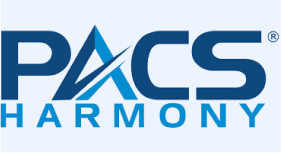


What our clients say about us
Our clients journeys
Who we are
About usGlorium Technologies is a full-cycle app & software development company which covers specific client business needs and manage them with the help of the best possible technology solutions.
Since 2010, we have been inventing digital breakthroughs, helping startups and businesses come out on top in their markets.

Why choose us
Let's Connect!
All You Need to Know about Patient Portal Development
The healthcare industry is one of the most dynamic sectors, quick to jump on technological developments. We didn’t think it was possible, but the COVID-19 chaos and the need for remote patient monitoring showed us how quickly we’re able to adapt to changes and adjust our software, systems, and the way we provide healthcare.
The industry has long developed various tech products to help providers and patients, but we’ve almost perfected remote medical practice this time. We’re, of course, talking about custom patient portal solutions that allow doctors and patients to reach out to each other and safely communicate about healthcare appointments, treatments, and medication.
We’ve seen an unprecedented surge in patient portal software development, influenced by the desire to receive remote services. From offering 24/7 access to medical records to reducing phone calls and paperwork, these portals are now significant aspects of modern healthcare delivery.
There are several types of patient portals on the market:
- Standalone patient portal: They are independent and operate without the healthcare provider’s system
- Integrated patient portal: Such a patient portal is usually embedded into existing EHR systems
- Mobile app-based portal: This is a patient portal app that we design for mobile devices specifically
- Web-based portal: This includes healthcare web portal development accessible through a web browser without the need for software installations
In this guide, we’ll explore some of the most asked questions about custom patient portal software to guide you through the whole development process.
Benefits and Potential of Patient Portals
When we’re talking about the benefits of patient portals, we include three types of audiences: patients, healthcare facilities, and healthcare professionals. Yes, a patient portal is a versatile tool that creates a win-win situation for all stakeholders.
Benefits for patients
Patients love using a patient portal system since it helps them access their medical information and test results and communicate with doctors without a hassle.
The most significant benefits include the following:
- 24/7 access to information: Including lab results, appointments, medication, treatment plans, and so on
- Convenient communication: Often, a patient portal system will have telehealth features and offer patients video or text chats with their doctors
- Appointment scheduling: This benefit also helps your administrative tasks. Patients prefer to schedule appointments online, and a patient portal sends them reminders as an additional benefit
- Higher chances of medication adherence: Patients are more likely to stick to their treatment plans if your patient portal has notifications and reminders
- Educational resources: Some patient portals have community and educational features, which help users learn more about their health
Benefits for healthcare facilities
Clinics, labs, pharmacies, and other healthcare facilities also benefit from patient portal software. The following are the most significant benefits for this audience type:
- Reduced administrative work volume: Integrated patient portals often allow administrative staff to schedule appointments and facilitate their work. Additionally, patient data management features and enhanced data security help them reduce their workload
- Reduced operational costs: Even though custom patient portal solution development may have high costs, facilities are seeing reduced operational and long-term costs with the use of these systems
- Better regulatory compliance and reporting: Patient portals can simplify the process of regulatory adherence. When you develop such a portal with a professional team, you won’t have to worry about HIPAA, GDPR, or other standard compliance
- Data-driven decisions: Such portals allow healthcare facilities to gather and use customer feedback to improve their healthcare delivery
Benefits for healthcare providers
Healthcare professionals spend extra hours on mundane and routine tasks that can be easily automated by patient portals. The benefits for this audience group include:
- Faster access to patient information: As we mentioned, medical professionals spend hours looking for specific information. Patient portals help them access this data real-time and faster than before
- Better healthcare coordination: These systems help professionals deliver more data-backed decisions and treatment plans
- Reduced paperwork: Digital solutions like a hospital management system or a patient portal help reduce paperwork and administrative tasks
- Efficient communication: A patient portal creates efficient communication channels between doctors and patients and also various professionals across facilities
Challenges healthcare firms face when developing patient portals
While patient portals improve workflow, optimize processes, and benefit the whole medical practice, they’re difficult to develop when you want a custom-made solution that is personalized to your company’s needs.
Various firms face several challenges when developing these portals, and they either give up or launch bug-ridden software without compliance or specialty features.
Data security and privacy are some of the challenges faced by many companies. Since healthcare data is sensitive and sharing it between facilities poses a significant risk of cyberattacks, professional service providers spend weeks developing solutions that comply with industry-specific regulations.
Another challenge that some of our clients had to address us with is integration with existing systems. Developing a standalone patient portal or a health billing management system may sound like a regular task for a professional development team. Still, hospitals have existing systems, and you need to create a patient portal that can be easily integrated.
And finally, many companies face difficulties when creating interfaces for their apps and web apps. Users don’t like non-user-friendly interfaces, so companies spend thousands of dollars creating intuitive designs, adjusting them to user feedback, and updating them regularly.
What We Do to Make Patient Portals Efficient: Step by Step Development Guide
Glorium Technologies has been helping healthcare companies create software for 14+ years. We have professional development teams, UI/UX designers, researchers, and many professionals who actively participate in the development process. In this section of the article, we want to show you how we address the development process to help you understand what you should be looking for.
Initial consultation and analysis
We start by conducting an initial interview with our clients to understand their company better. We learn about their services, their offers, and goals. Once we know the specific requirements of the company, we start analyzing the portal idea and researching the audience.
This step helps us understand what the end users are looking for and their challenges with competitive apps and websites, and it allows us to offer them something that solves these pain points.
Intuitive design and user experience creation
As we already mentioned, users find apps that cater to their every need more attractive than those that only offer functionality but not intuitive design. For example, your software may have the best and most-asked features, but if you don’t offer intuitive CTA button placements, profile, and registration options, then your competitors who have better UI/UX design may persuade your potential users to use their products instead of yours.
Integration with existing healthcare systems
We mentioned this part in the challenges section, and we also mention it in our process because it’s an essential step. Hospitals already have existing systems; we’re not living in the Middle Ages, and obviously, many clinics, labs, and pharmacies use various types of software to improve their workflow.
Often, these systems are outdated or use different data formats and require integration with your new patient software. We help our clients integrate these portals with existing EHRs, EMRs, and other systems.
Development and testing
We finally reached the stage where our development team is ready to build your portal. At this stage, we’ve already chosen the tech stack and have design mockups, and our testers are working on real-life scenario creation.
Once the portal has been developed, our QA engineers utilize automated and manual testing processes to launch bug-free software.
Ongoing support and maintenance
Please don’t overlook this step when choosing a service provider or hiring an in-house team member. Make sure whoever develops your software provides ongoing support and maintenance.
For us, this stage includes continuous maintenance and control of our client’s software to get user feedback, suggest changes, update the app as the regulations and requirements change, and educate medical professionals and other types of audiences.
How to Develop a Patient Portal Software
When it comes to developing software, you have a choice: In-house development, freelance development, or working with professional service providers.
While in-house development may seem like a good idea for long-term support and maintenance, it’s quite costly. You’ll have greater control over the development process, but you may have to find new developers to fill the skill gaps. Remember that recruiting and retaining a qualified IT specialist is not an easy task.
You can hire freelancers for a one-time project and re-hire them or others for ongoing maintenance. This is the least costly way to develop software; however, you may need to put in a lot of effort into managing freelancers and coordinating them.
Working with a professional outsourcing company, on the other hand, offers flexibility and cost savings. Companies like ours bring expertise, scalability, and faster turnaround than other forms of development.
How to Find the Best Partner for Patient Portal Development
If you decide to work with a professional team, you must ensure they have enough experience and expertise. Our little guide on the company assessment can help you make the best decision:
- Evaluate the company’s experience in developing healthcare software
- Review their success cases and find the software that matches your idea the most
- Make sure their development team members are all well-trained in regulatory compliance
- Review customer testimonials and find proof that they’re a legitimate company (e.g., on Clutch)
- Request a quote or a detailed project proposal and timeframe
- Schedule a consultation with them to find out more about the team members and their vision
- Make sure they offer post-launch support
How Can Glorium Technologies Help?
At Glorium Technologies, we specialize in developing patient portals for various healthcare facilities and have been doing so for 14+ years. Our professional team members understand the ins and outs of the industry and can help you embody your ideas.
We offer flexible collaboration methods, lower development costs (compared to the US market), complete control over the project, transparency, personalization, and confidentiality.
We’re sure you’ll have many more questions than our FAQ has to offer, so please schedule a free consultation with us and ask our experts as many questions as you’d like.
Questions You May Have
What features should I get started with my patient portal?
Your feature set depends on your company’s requirements and your ideas. If you’re looking to develop simple portals without complex features, focus on including secure messaging, appointment scheduling, easy access to medical data, and more.
You can develop a scalable app with a professional team like Glorium Technologies, if you decide to add advanced features later on, you can easily include them without changing the portal.
How long does it take to develop a custom patient portal?
The development timeline varies and is heavily influenced by your choices, mainly relating to the app’s complexity and the features you want to include.
Generally, it takes around 4 to 6 months to develop a well-functioning, simple patient portal, but for a more complex system, you’ll have to invest closer to 9 or 12 months and sometimes even more.
Are your patient portals HIPAA compliant?
The short answer is yes. We treat PHI very seriously and train all of our employees regularly to help them understand how to protect customer data (even if they’re not directly working on your project).
What kind of support and maintenance do you provide after launching the portal?
Our ongoing support and maintenance service includes complete care for your software and its end users. Not only do we fix the bugs that may arise after launching the product, but we also improve features, monitor market changes, adjust your software accordingly, and provide training for your staff in case you’re looking for custom patient portal app development for your team as well.
What types of patient software can I develop with Glorium Technologies?
Our patient portal app development services include various types of solutions, including:
- Patient Portals
- EHR and EMR Systems
- Patient Data Management
- Pharmacy Management Software
- Telemedicine Apps
- Remote Health Monitoring Apps
- Hospital Management Software
- Medical Imaging Software
- Other types of Healthcare Software development
Is Glorium Technologies available for project-based development?
We offer flexible collaboration models and are ready to work around your requirements. Yes, you can request a project-based development, long-term partnership, or team augmentation. We will provide you with professional developers, project managers, designers, and other professionals for your patient portal software development project.
How soon can you start working on our project?
We offer flexible timelines and quick delivery. We can’t tell you exactly when we’ll be able to start working on your project right away, but if you schedule a consultation with us and tell us about your project, chances are we’ll already be assembling the team the first week of our collaboration.
